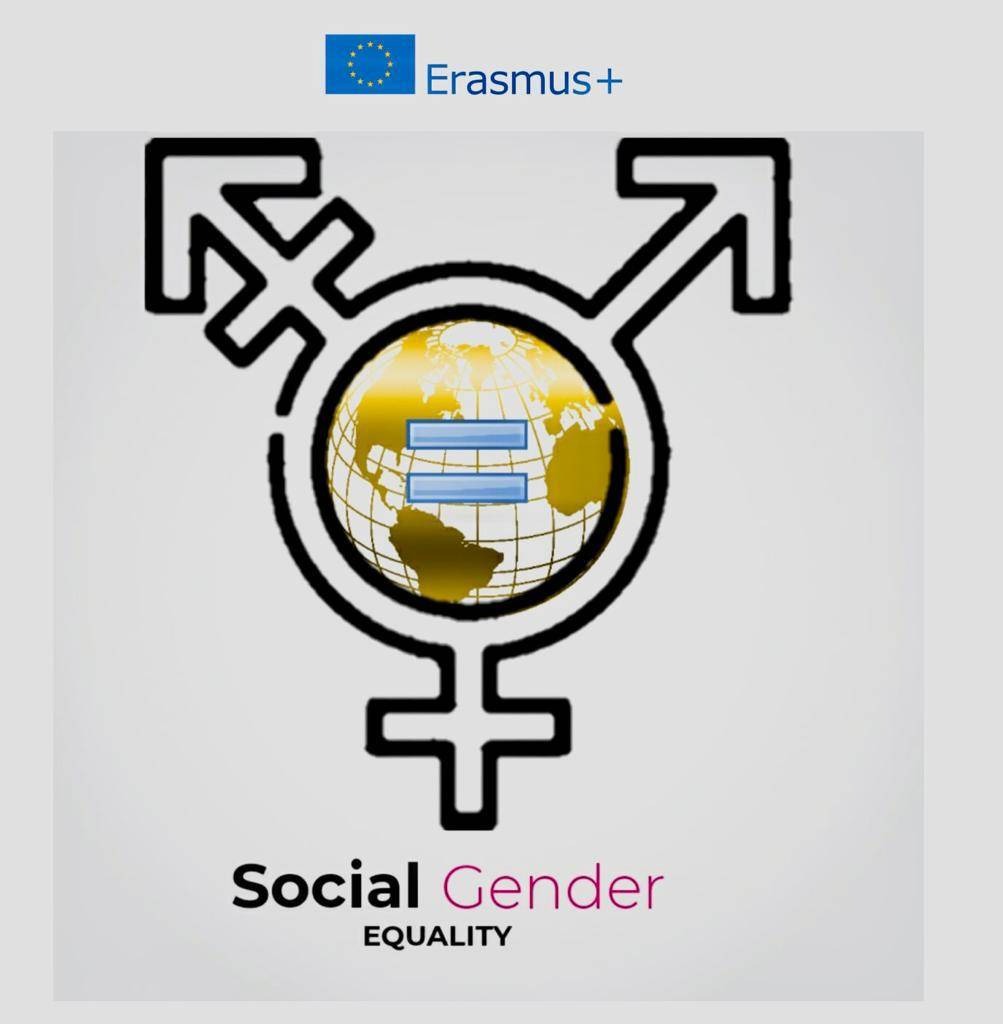- This topic has 1 reply, 2 voices, and was last updated 8 months, 3 weeks ago by
Pavel Houska.
-
AuthorPosts
-
October 5, 2024 at 5:10 pm #1347
Pavel Houska
ParticipantThank you, Petr, for bringing up such an important topic.
The accessibility of school activities across all genders is a crucial aspect of building an inclusive educational environment. Unfortunately, many school events and extracurricular activities still carry subtle, or even explicit, biases that can limit participation for some students based on gender. For example, activities like sports teams often have deeply gendered associations—football or wrestling are frequently viewed as male domains, while activities like dance or art clubs may be perceived as more appropriate for female students. These stereotypes can discourage students from joining activities that genuinely interest them, fearing social exclusion or ridicule.
Moreover, school structures sometimes unintentionally reinforce these biases. Uniform requirements, the way activities are promoted, or even the expectations set by coaches and teachers can create barriers for students whose interests do not align with traditional gender roles. For non-binary students, the challenges can be even more pronounced due to the often binary framing of school activities, which fails to acknowledge their identity and needs.
To address these barriers and ensure that everyone has an opportunity to fully participate, there are a few practical suggestions we could consider. Firstly, it is essential to consciously de-gender school activities by promoting them as spaces for everyone. Schools could start by changing the language used in activity descriptions and marketing materials to emphasize inclusivity. Coaches and teachers should also be trained in gender sensitivity to help them create environments where every student feels welcomed and valued. Beyond the language, schools can actively celebrate diverse participation by highlighting role models who break gender stereotypes in these activities, encouraging students to pursue their true interests.
Creating a culture where all activities are presented as accessible to everyone regardless of gender can help break down these barriers. Additionally, student councils or committees can have a role in reviewing school activities from an inclusivity perspective, identifying which programs may inadvertently discourage diverse participation, and making the necessary adjustments. By making these changes, schools can foster a community that respects individuality and ensures that extracurricular opportunities are open and appealing to all students, irrespective of gender.
-
AuthorPosts
- You must be logged in to reply to this topic.
